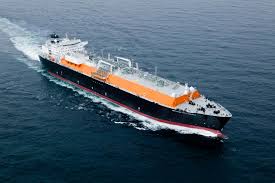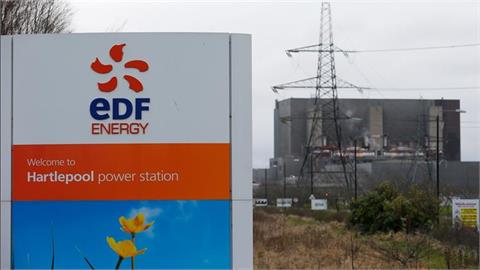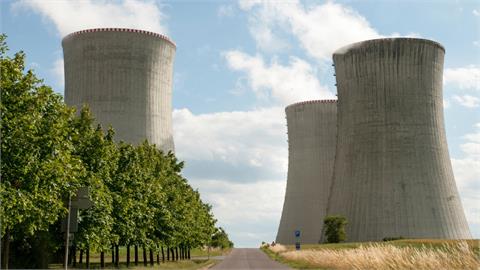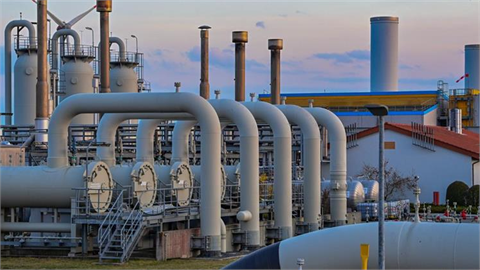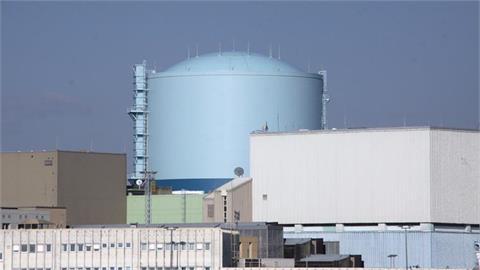by Sam Reynolds, Melissa Brown and Tom Sanzillo* Potential trade and climate policy shifts in the U.S. are raising questions about the viability of several ambitious liquefied natural gas (LNG) projects planned for emerging Asian markets, according to a recent report by the Institute for Energy Economics and Financial Analysis (IEEFA)
Potential trade and climate policy shifts in the U.S. are raising questions about the viability of several ambitious liquefied natural gas (LNG) projects planned for emerging Asian markets, according to a recent report by the Institute for Energy Economics and Financial Analysis (IEEFA).
New LNG import project sponsors in the region have attempted to capitalize on commercial support offered by the U.S. Commerce Department and other federal agencies during the Trump administration. Several new entrants in the LNG industry have proposed multibillion-dollar integrated gas-to-power projects with long-term commitments to buy U.S. LNG, IEEFA analysts found.
The success of many of these ventures may rest on their ability to attract financial support from U.S. development finance agencies, including the U.S. Export-Import Bank and Development Finance Corporation. However, their thin track records, overly ambitious project timelines, and potential changes in U.S. climate and trade policy under the Biden administration raise questions about the ability of these companies to bring project proposals to fruition.
“It is unclear whether many of these LNG projects will enjoy continued support from the U.S. government,” said Sam Reynolds, an energy finance analyst and the report’s lead author. “And several of the development consortia appear to have little practical experience in launching complex overseas projects.”
Many in the U.S. oil and gas industry have expressed high hopes for exporting LNG, particularly to Europe and Asia, as a way of overcoming domestic growth limitations. But prospects in Europe have faltered as governments have adopted more aggressive carbon emissions targets.
Export growth in Asia has also become more challenging for the U.S. LNG sector as China, India, and emerging Asian importers look to purchase LNG volumes from more competitive, geographically closer producers with lower production and shipping costs.
In IEEFA’s view, the Biden administration is likely to take a more restrained approach to supporting new fossil fuel projects abroad. For example, a January executive order directed U.S. development agencies to work toward “ending international financing of carbon-intensive fossil fuel-based energy,” while statements from high-level officials have suggested an end to all federal support for fossil fuel projects except in cases with demonstrable climate or national security benefits.
While it remains difficult to predict the Biden administration’s policy approach to LNG, prospects for U.S. LNG exports to Southeast Asia could be far less bullish than some in the industry imagine if the administration takes a more tempered approach to fossil fuel-related development financing. Without U.S. government support, many of the more ambitious LNG import projects in Vietnam and other emerging countries could fall by the wayside, according to IEEFA.
Any limitations on U.S. support for large-scale LNG import projects could compound the industry’s ongoing challenges. Numerous U.S. LNG export projects have struggled to reach financial close due to an inability to secure long-term offtake agreements from creditworthy buyers abroad. As a result, project sponsors may face longer project development timelines as policymakers in the U.S. and Asian countries re-assess the market and climate risks that will determine whether U.S. LNG can find a natural home in Asia’s energy growth markets.
Full Report: New Policy and Market Risks for U.S. LNG Project Sponsors in Emerging Asia
*Sam Reynolds, Energy Finance Analyst, is a former political and regulatory risk analyst focusing on global LNG and oil markets. He has a master’s degree in energy economics and international environmental law from Johns Hopkins University. He has also lived and worked throughout Asia and published extensively on Asian energy issues.
Director, Energy Finance Studies, Asia, Melissa Brown, a former securities analyst at JP Morgan and Citigroup, has played a leading role in various Asian investment organizations focused on mainstream and sustainable investment strategies for public and private equity investors over the past 25 years.
Director of Financial Analysis Tom Sanzillo has 30 years of experience in public and private finance, including as a first deputy comptroller of New York State, where he held oversight over a $156 billion pension fund and $200 billion in municipal bond programs.
(ieefa.org - Institute for Energy Economics and Financial Analysis - IEEFA, )
